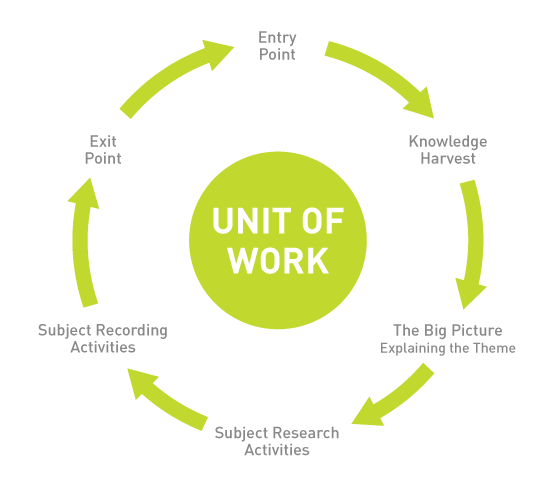From Grade 1 to Grade 6, students at APIS take a wide variety of courses to further deepen their understanding and develop into independent learners.
Our Programs
At APIS, we offer full-day and half-day programs.
Our full-day program covers both an international and local curriculum. School begins at 7:30 and ends at 4:30 with a lunch break from 11:30 to 12:30. Parents may choose for their children to spend lunch as school or home.
Our half-day program offers our international curriculum. In even-numbered months (February, April, June, August, October and December), this program is offered in the morning. During odd numbered months (January, March, May, July, September, and November) this program is offered in the afternoon.
We recommend students sign up for our full-day program in order to the get most out of their education. This program sets students up for success as both residents of Cambodia and citizens of the world, ensuring they will have the proper education for whichever path they take.
Full-day students at APIS take:
- English
- Khmer Language and Culture
- Science
- Math
- Chinese
- PE
- Swimming
- ICT/Computers & Coding
- Library
- Arts
- Music
Our Primary Curriculum
At the primary level, our English, Math and Science course books are aligned with the Cambridge curriculum and endorsed for full syllabus coverage.
In addition to course books, our Primary program also includes the International Primary Curriculum (IPC). This is a comprehensive, thematic, creative curriculum, with a clear process of learning and specific learning goals for every subject. It also develops international mindedness and encourages personal learning.
Students study approximately 5 teacher-selected units throughout the year, exploring topics from emotions to the human body to ancient civilizations. Regardless of the particular topic, all units promote learning through research and recording activities, encouraging our students to be curious and independent.
The IPC is used by over 730 schools in 92 countries worldwide. To find out more, please visit the IPC website here: https://fieldworkeducation.com/curriculums/primary-years
Why us?
While in Primary, our students develop their language and academic skills in three languages – English, Khmer, and Chinese. All Primary classes are taught by native speakers of the language. To ensure safety and security among our younger students, all classes from Grade 1 – Grade 3 have a Learning Assistant who attends all classes with the students. We cap our classes at 24 students ensuring a low student to teacher ratio.
What is International Primary Curriculum?
The International Primary Curriculum (IPC) is a comprehensive, thematic, creative curriculum with a clear process of learning and with specific learning goals for every subject, for international-mindedness and for personal learning.
The IPC provides children with subject goals, personal learning goals, and uniquely, international learning goals, and these are defined for each age phase:
I. IPC Curriculum Framework
The IPC models a unique framework to underpin
II. Three types of learning
III. Whole learning process
